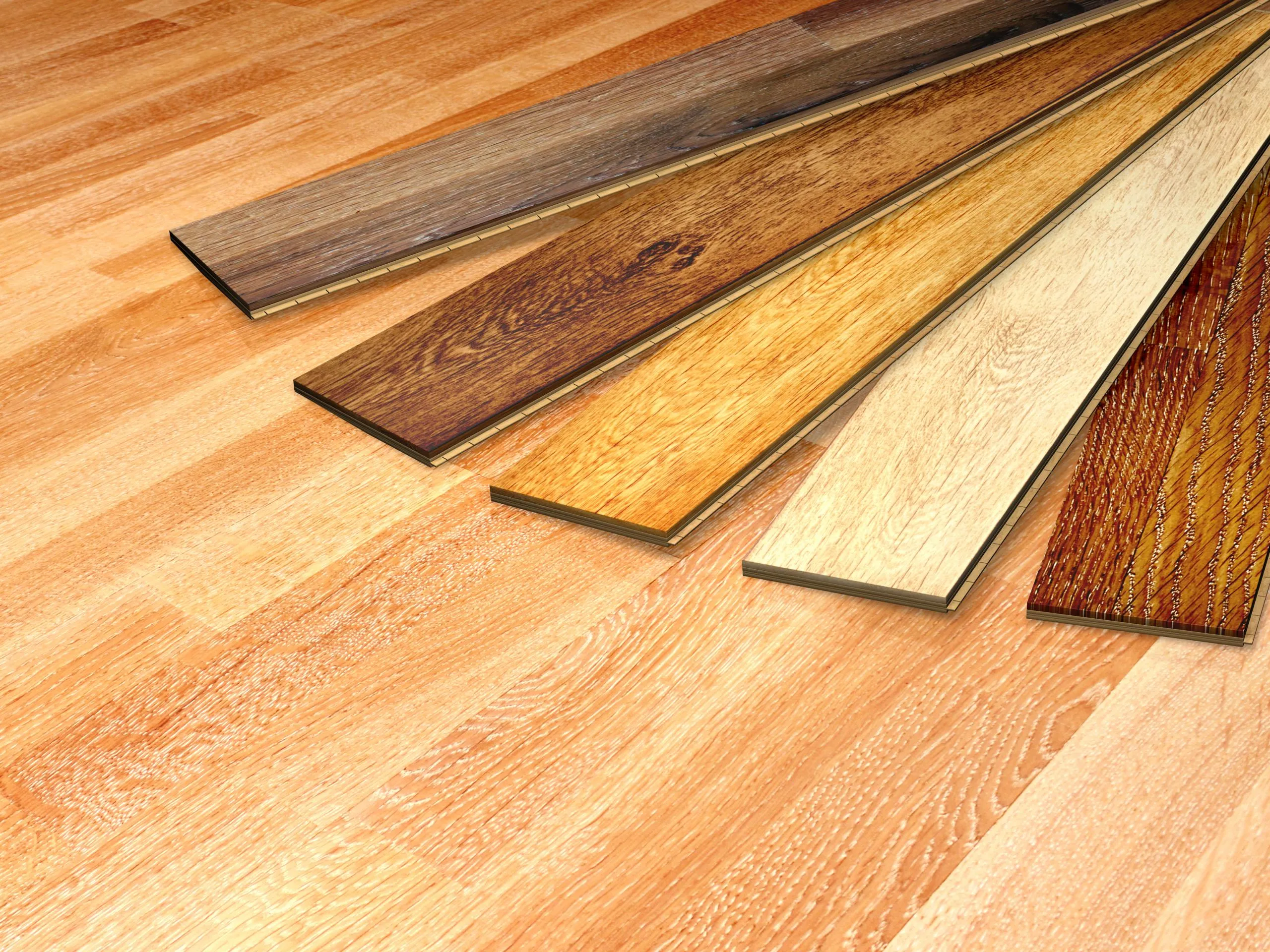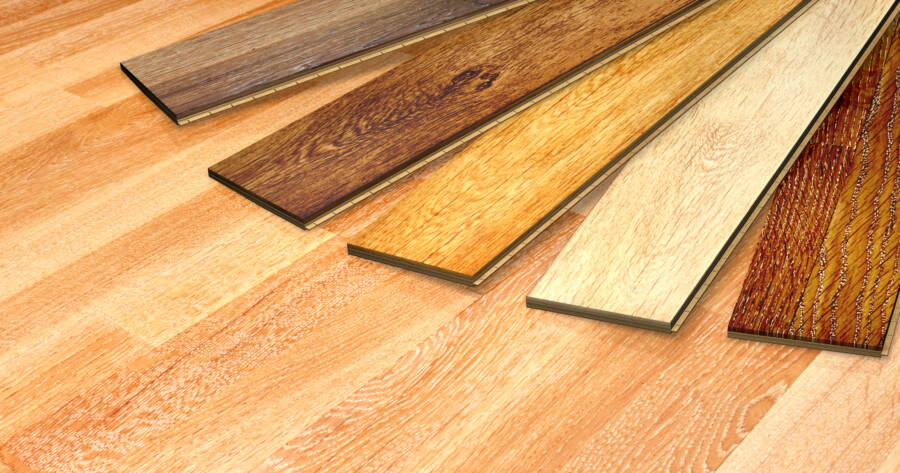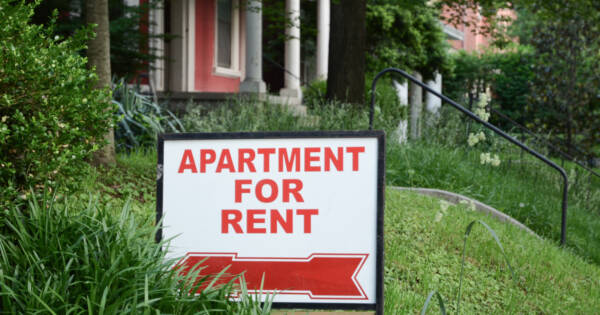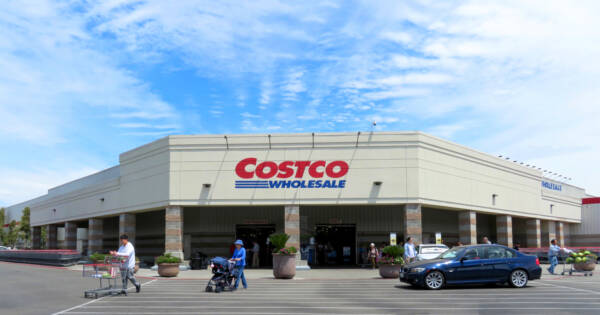Floors are one of the most important aspects of any room – and even your entire home. Your home’s flooring sees endless wear and tear, gets used every day, and must be able to stand up over time. And that’s why solid hardwood flooring is often the top choice for homeowners everywhere.
However, the type of hardwood homeowners are choosing is changing. Today, engineered hardwood is becoming popular. And this switch is changing the way homeowners, builders, and contractors approach flooring.
Why are so many people opting for engineered hardwood instead of traditional hardwood? Here are five reasons it’s a smarter choice for your home.
1. Engineered Hardwood is Affordable
Choosing hardwood flooring isn’t a cheap decision. Traditional hardwood can be expensive, both in the cost of the wood and the cost to install it. In fact, the cost of hardwood is one of the top reasons people choose carpet instead – carpet costs $1 or less per square foot, and hardwood can cost as much as four times that.
But engineered hardwood gives you the opportunity to enjoy hardwood flooring for much less.
While traditional hardwood is still expensive, engineered hardwood can be affordable. Traditional hardwood costs between $8 and $15 per square foot, but engineered hardwood costs $3 to $14 per square foot.
That’s a huge savings when you add up the square footage of your home!
2. Engineered Hardwood is Durable
Many homeowners want hardwood floors because wood is much more durable than any other type of flooring. It can stand up to years – or decades – of wear and tear. It can really take a beating, as it can survive kids, pets, and everything else your household throws its way.
But why shell out a lot of money for traditional hardwood when engineered hardwood offers similar durability? Engineered hardwood is stable and durable, and it can also resist daily wear and tear without damage.
In fact, engineered hardwood flooring can be more stable and slightly more resistant to wear and tear. This type of wood features a highly durable coating, which prevents scratching and obvious signs of use. Additionally, because engineered hardwood is made from multiple layers of high-density fiberboard and solid wood, it’s extremely tough from its top to its core.
3. It’s Easy to Maintain Engineered Hardwood
If you’re hoping to find flooring that doesn’t require a lot of care over the years, you’ll love engineered hardwood. When you choose traditional hardwood, your floors will need regular maintenance. You’ll see the floors get dull over time, develop scratches, and potentially buckle or need repairs. It’s common to sand and refinish hardwood flooring multiple times.
According to Urban Floor, engineered hardwood doesn’t need the same level of care – or sanding and refinishing. Instead, engineered flooring needs to be refinished just once or twice over the course of its entire lifetime.
And depending on the type of engineered hardwood you choose, you may be able to protect your floors even more. You can choose different veneers, treatments, or coating depending on the type of wear and tear your floor will experience.
4. Engineered Hardwood is Resistant to Moisture
One of the biggest threats to traditional hardwood flooring is moisture. Even a small amount of moisture can cause serious damage – it can make the wood swell, leave cracks and other signs of damage, or even potentially lead to buckling.
However, if you opt for engineered hardwood, you won’t have to worry about moisture. One of the biggest benefits of engineered hardwood is its moisture resistance. Engineered hardwood is less sensitive to moisture than traditional hardwood. This means it’s an excellent choice for any homes in damp, humid regions, or even areas like basements.
5. You Don’t Have to Worry About Expansion and Contraction
Along with moisture and regular wear and tear, having hardwood floors means you have to worry about the wood changing over time. Wood flooring can swell and shrink, which causes gaps and buckling. And this can mean costly repairs.
Fortunately, engineered hardwood doesn’t experience this. It’s a type of wood flooring that doesn’t expand or contract at all. Engineered hardwood won’t fluctuate at all – it doesn’t respond to weather or humidity changes, and it can be used in areas of the home that traditional hardwood wouldn’t be able to handle. And that makes engineered hardwood more versatile and worry-free.
Engineered Hardwood is a Smart Choice for Any Home
Before you decide to make the switch to hardwood floors, make sure to consider engineered hardwood. This type of wood flooring is quickly becoming more popular, and it’s appearing in homes everywhere. And, depending on your needs, it could be a better fit than traditional hardwood.
Engineered hardwood can be cheaper, easier to maintain, and longer-lasting. Make sure to compare different engineered hardwood flooring options before making a final decision. It could save you money both today and in the long run.
 Lukiyanova Natalia frenta / Shutterstock
Lukiyanova Natalia frenta / Shutterstock


